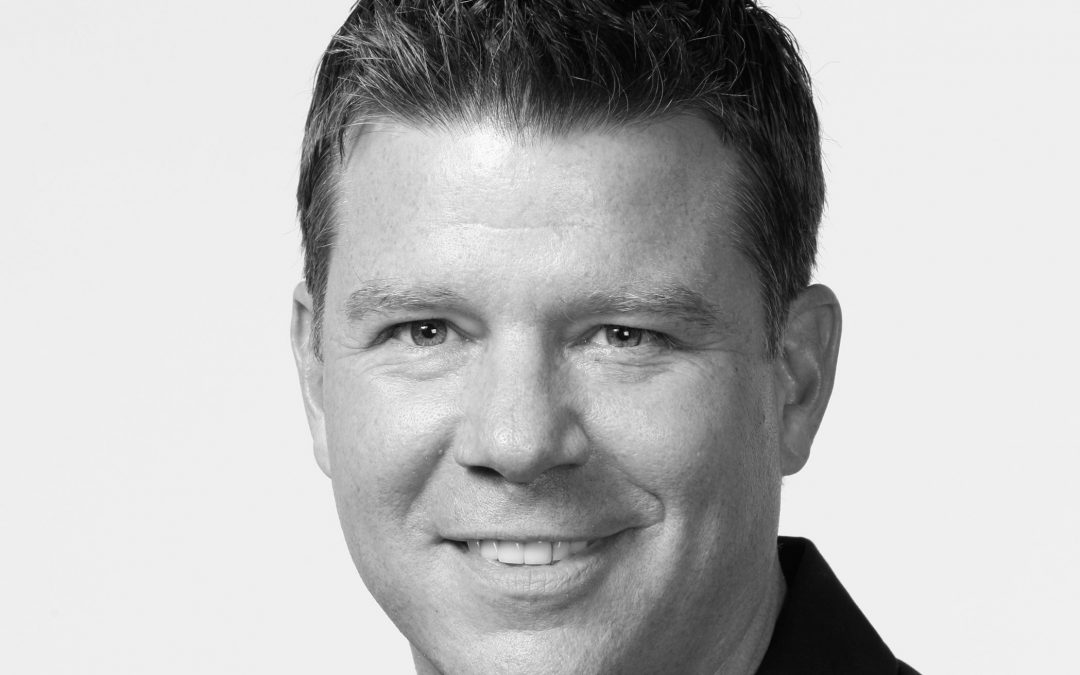Move over YouTube. An Australian company, Spondo, is set to muscle into the fertile market of video content with a big plus in its offer – content creators can sell their videos (and other content) instead of giving it away.
Chris Adams, Spondo’s CEO, says: “At the highest level, we have a platform that can sell and distribute video on demand (VOD) on any website or through Facebook.”
Even in the pay-it-forward world of content marketing – where we engage our clients and prospects by blogging about our ideas (intellectual property) for free – there comes a time when we have to charge real dollars for what we do.
Our job as content marketers is to build trust and interest with clients until doing business with us seems like a small and easy step to take.
Spondo’s game is to help us get there: to make the step from free content to paid content a simple one. “Content creators and curators work very hard to attract audiences, loyal fans and followers,” Adams says. “But digital marketing and social media often leads audiences to websites that they don’t own.”
Using Spondo, companies can allow clients and prospects to watch videos, read books and listen to podcasts without leaving their site or Facebook page.
Spondo receives 25% of the sales price, and its clients receive 50% of the sale price. The other 25% goes to affiliates, which are Spondo customers who sell each others’ content. They receive a commission (25%) of the sale price.
Spondo can also be used to generate leads. For example, a company might decide to offer its audience the chance to view a movie – any movie – free in return for providing their contact details and listening to a short message (ad) beforehand. “How much is that lead worth to you?” Adams asks. “You pay us the $5 rental, but keep the lead.”
There are plenty of competitors in Spondo’s marketplace – but none that bring all the elements together, Adams says.
“VHX does a beautiful job of targeting independent movies for video-on-demand sale, and Ustream does the live streaming bit, Google Ads puts in the ads, and YouTube and Netflix and Hulu all offer pieces of what we do. But we do all of it: a complete ubiquitous solution for syndication, lead generation, ad support and revenue generation. Our focus is on everyone from independent content to the multi-billion-dollar studios.”
Distrupting the global tech giants
Spondo’s business is a disruptive one – it will also turn the business models of sites such as iTunes and Netflix on their heads.
But Adams isn’t fazed by the size of his competitors. He’s worked for quite a few of them. “I worked in business development at Amazon.com from ’97 to 2001,” he says. He then worked with the first president of eBay, Jeffrey Skoll, to build the media company that helped fund movies such as An Inconvenient Truth, Lincoln and The Kite Runner – pictures that inspire social change.
He’s also done a stint in business development at Facebook (2006-08), launching the site’s video capability.
Adams, an American, married an Australian and came to our shores. Asked why he got involved in Spondo, he says: “I couldn’t not get involved. I have been around media and the internet, between Hollywood and Silicon Valley, for my entire career, and I was subconsciously looking for something like this.”
He didn’t jump at the business, which he discovered through his networks. In its first iteration, he thought the technology would not scale to reach a global marketplace. “The founder called me in August 2012, and I couldn’t believe what they had done to make the technology scalable.”
Chris was head hunted in to be CEO and executive director.
Spondo has a well-connected board, which adds cred to its ambitious claims. Its chairman, Dr Henry Pinskier is also chair of the NASDAQ-listed entity, 30DC Inc, which is disrupting the publishing sector, like Spondo is in video , with MagCast.
Today, Australia. Tomorrow, Asia
Adams’ plan to keep Spondo Australian-based is not purely sentimental (it does have an office in Los Angeles). “We want to be global in the true sense of the word and you can’t be global if you are not in Asia,” he says. “Google, Twitter and Yahoo are not global companies because they are not yet in China.”
Australia’s global ‘likeability’ is part of Adam’s reason for staying. “Facebook and Google have been kicked out of Asia, but no one hates Australia,” he says.
The United States will, Adams says, deliver the company’s “growth explosion” but if Spondo doesn’t stay in Australia, it will abandon its ability to do business in the East.


